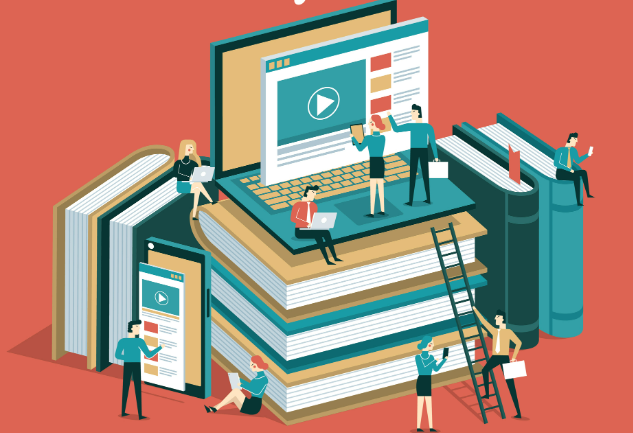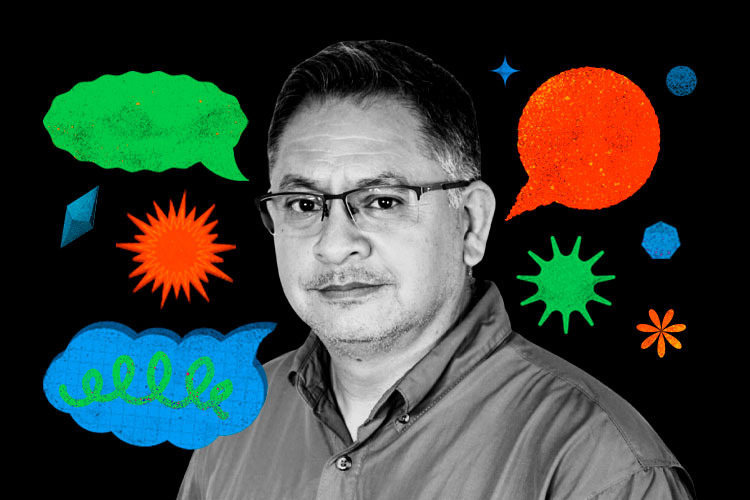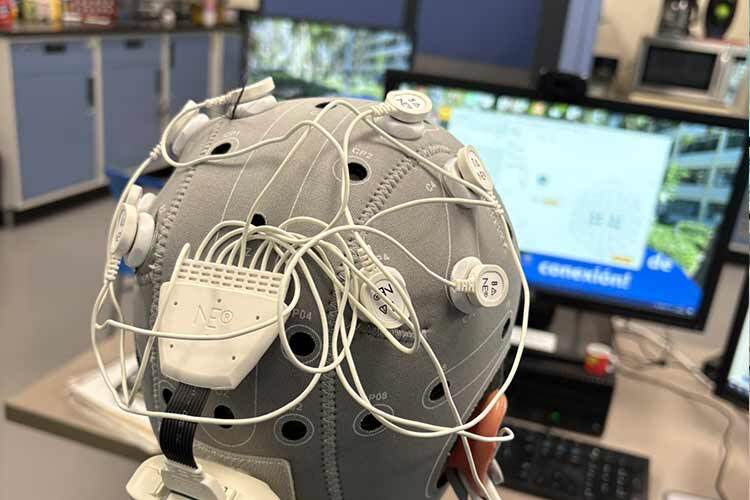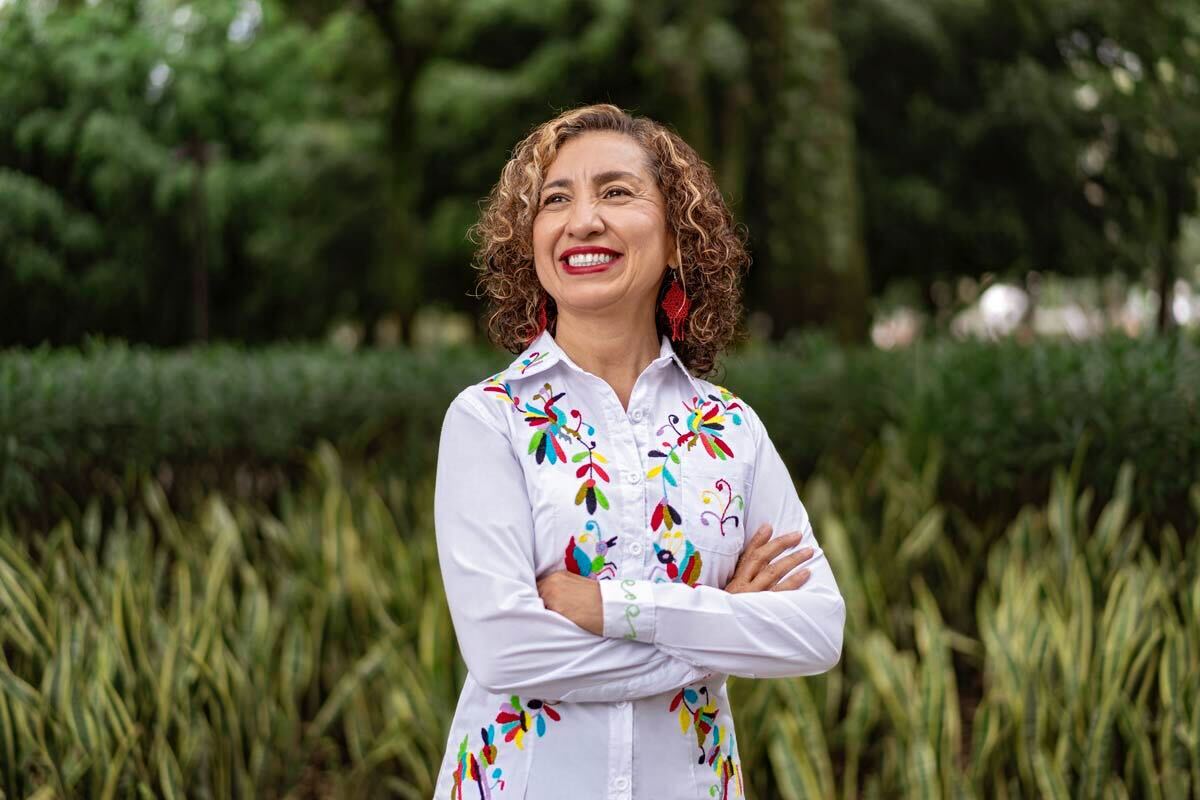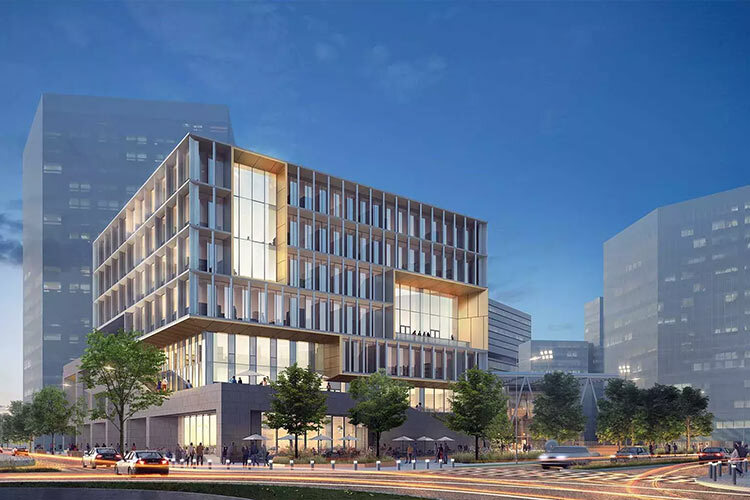“The pandemic has shown us that the world goes at twice the speed we imagined,” says Juan Freire, Vice Rector for Innovation and Transformation at Tecmilenio University.
Going forward, Freire sees education as being hybrid and personalized, with certain automated processes making use of artificial intelligence.
Yes, it’ll be digital, but it’ll pry people away from their screens. “Just because it’s online, doesn’t mean you’re connected all day long, it means you have to learn actively,” he explains.
We recommend: Could college be like Netflix? Jeff Selingo explains the flexible model
He also believes students should be at the center of the equation in order for them to obtain active learning. In an interview with Tec Review, he gives details about the future of teaching and the new role of educators.
Hybrid-flexible education
Freire has already begun work on the hybrid and flexible component. “That means it will always have in-person and online elements, which will be combined in different ways depending on people’s needs and objectives.”
According to the Vice Rector for Innovation and Transformation at Tecmilenio University, presence will continue to be a very important asset for liaising with others.
The challenge for universities is to design educational programs that give people the flexibility to choose. “Our utopia is personalization and we’re already working on that.”
He gives an example: kids who dedicate all their time to studying and are available to go to campus six hours a day aren’t the same as adults who work and only have a few, scattered hours a day for studying, who might be able to get to campus on a Saturday, or who can only go one afternoon a week.
“Universities have to be able to design appropriate experiences for those people.” This is what Freire refers to as “placing students at the center.”
The model must allow millions of people to personalize learning without it implying an excessive workload.
“That’s why it’s necessary to understand education as a digital service.” For Freire it can be explained with a well-known case.
Uber is considered a digital service even though it actually provides an in-person service.
“The same thing is happening here. The educational process can take place on campus, in a physical space, but education itself is a digital service.”

Artificial intelligence and data science
Freire has co-founded 10 companies and startups dedicated to environmental management, education, technology and design, and strategy and innovation consulting. And his experience tells him that “Data is now and the future.”
Universities and the entire education process generate data that, up to now, hasn’t been used further for administrative management.
“Data is the new oil. It’s the new foundation on which you’re going to develop intelligence, and that intelligence is going to allow you to innovate.”
In the case of Tecmilenio University, they’ve already figured out how to exploit data to increase process efficiency, i.e. to be able to reach more people.
And to improve the educational experience itself, they’re looking for data to inform them what the experience is like in real time, if people are learning, if they’re satisfied, so as to be able to intervene immediately.
The education expert predicts that certain teacher roles will also change.
“Certain teacher roles are going to be replaced by algorithms, and that might sound scary, but I don’t see it as something negative. I see it as a chance to automate processes and free up time to focus on what really adds value.”
Educators will be 360. They’ll have new functions and perhaps the least important will be the traditional role of transmitter of knowledge.
But a new role is arising, the role of mentor, who helps you ask good questions without giving you the answers.
We’ll also see specialized designers and content creators.
We recommend: How to attack the ‘dark side’ of Artificial Intelligence through education
The search for learning experiences
Juan Freire is co-founder of Teamlabs, a company dedicated to developing laboratories and learning experiences that is part of the Mondragon Team Academy international network of entrepreneurial education.
He defines learning experiences as designs that place learners at the center without forgetting learning objectives.
“In the digital world, user experience is everything, and in education, it’s no different,” he says.
For Freire, “The experience is part of the result.” And it works according to simple logic. If you’re treated well in hospital, you’ll get better quicker.
Freire suggests that universities should work with a service design mindset.
In fact, he challenged them to develop online education that gets people off screens. “Which means you have to solve problems, challenges, develop projects, and primarily, work collaboratively with others,” he says.
This is active learning based on passion and commitment.
One of the biggest flaws in schools in Latin America is that people don’t know how to work as a team, “We have to stop doing that and make the most of online communities as channels to reaching real-life situations.”
In that sense, Freire explains that in the future, campuses will cease to be a collection of classrooms, and will become spaces for work and community.
